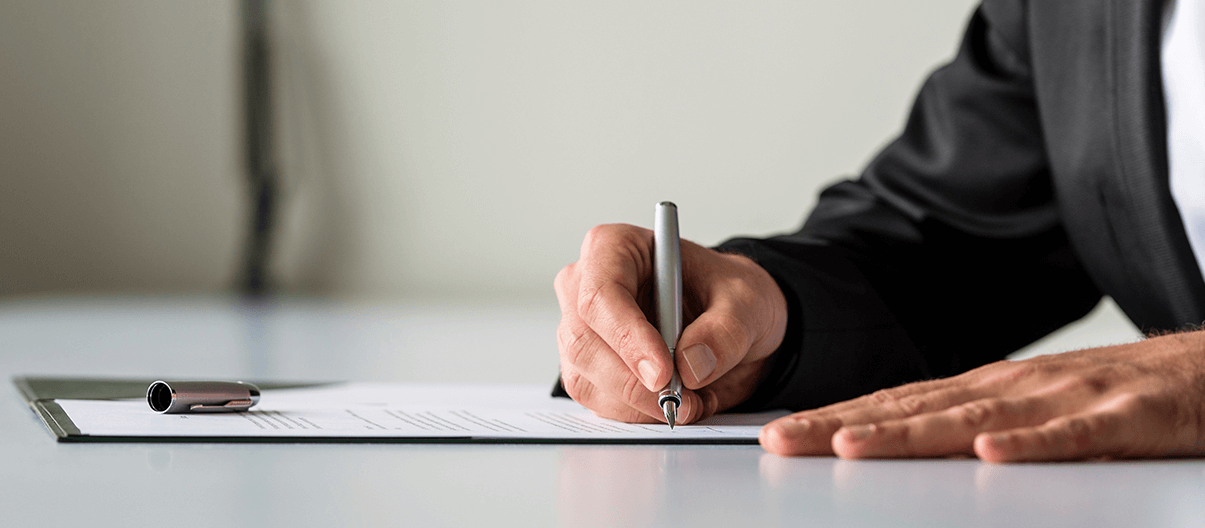SBA loans are a type of loan that is backed by the Small Business Administration. These loans are available to small businesses in order to help them get the funding they need to start or expand their operations. SBA loans can be used for a variety of purposes, including working capital, equipment purchases, or real estate investment. One of the main benefits of SBA loans is that they offer lower interest rates and longer repayment terms than traditional bank loans. This makes them an attractive option for small businesses that may not qualify for traditional financing. Another benefit of SBA loans is that they are partially guaranteed by the government, which means that lenders are more willing to finance small businesses. For these reasons, SBA loans can be a great option for small businesses looking to get the funding they need to grow.
What are the requirements for an SBA loan application approval process?
The SBA loan application approval process can seem daunting, but it doesn’t have to be. Here are the requirements for a successful application:
- You must be a for-profit business with a valid physical address in the United States or its territories.
- Your business must meet the SBA’s size standards.
- You must be able to demonstrate a need for the loan and how you will use the funds.
- You must have good personal credit and a strong business credit history.
- You must be current on all your tax obligations.
- Your business must generate positive cash flow.
If you can meet all of these requirements, you’ll be well on your way to securing an SBA loan. But even if you don’t, there are other financing options available to small businesses. Don’t let the application process deter you from pursuing your dream of having your own business.
How much money can you borrow with an SBA loan?
Looking to expand your business but not sure where to turn for funding? You may be eligible for an SBA loan. As mentioned, SBA loans are government-backed loans that can be used for a variety of purposes, including expanding your business, buying real estate, or consolidating debt. The maximum amount you can borrow with an SBA loan varies depending on the purpose of the loan, but it can be as much as $5 million. Interest rates on SBA loans are typically lower than those offered by traditional lenders, and repayment terms can be up to 25 years. So if you’re looking for a way to finance your business goals, an SBA loan may be the right choice for you.
How long does it take to get an SBA loan approved?
The process of getting an SBA loan can vary depending on the lender, but it generally takes around two to three weeks from application to approval. The actual disbursement of funds can also take a few weeks, although some lenders may be able to provide same-day funding. In terms of turnaround time, it is important to note that the SBA does not guarantee loans, so approved applications may require additional time for processing. However, once an SBA loan is approved, disbursement of funds is typically quite speedy.
What documents do you need to provide?
If you’re thinking of applying for an SBA loan in Salt Lake City, there are a few documents you’ll need to gather before you get started. First, you’ll need to provide your personal financial statements, including your income tax returns for the past three years. You’ll also need to provide business financial statements, as well as a business plan outlining your objectives and strategies. In addition, you’ll need to have collateral pledged against the loan, such as real estate or equipment. Finally, you’ll need to provide a personal guarantee, promising to repay the loan if your business is unable to do so. By gathering all of these documents in advance, you can be sure that your SBA loan application will be complete and accurate.
Are there any restrictions on how you can use the proceeds from your SBA loan?
If you’re thinking of taking out an SBA loan to fund your business endeavors, it’s important to understand the restrictions on how you can use the loan proceeds. According to the SBA, “proceeds from an SBA-guaranteed loan may be used for working capital, inventory, or the purchase of furniture, fixtures, and equipment.” However, there are some restrictions on how you can use the loan proceeds. For example, you cannot use the funds to buy real estate or make personal loans. Additionally, the SBA generally prohibits using loan proceeds to finance investments in hedge funds or venture capital projects. Understanding these restrictions is critical to ensuring that you use your SBA loan in a way that is compliant with the program guidelines.













Comments